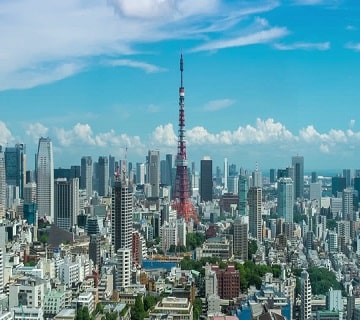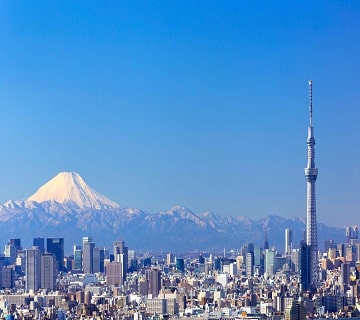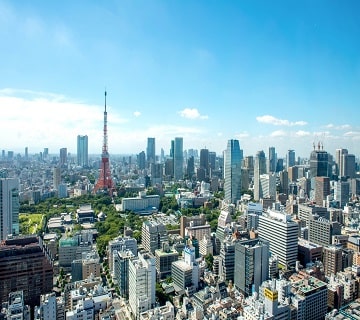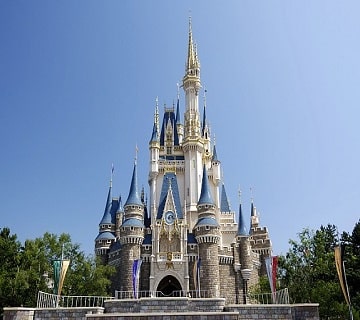Venue & Hospitality



City Highlights
About City
Japanese people have the longest life expectancy in the world. Over the past 50 years, the percentage of the population that is elderly has increased 4-fold, from 5.7% in 1960 to 23.1% in 2010. This rate of change is the fastest worldwide. Cardiovascular disease (CVD) accounts for 25.5% of deaths in the Japanese population, as determined by the survey by the Ministry of Health, Labour and Welfare Health statistics in 2010. A nationwide database is required to better prevent the onset and progression of CVD. Comprehensive information from Japan, with its rapidly aging population, will be crucial for developing future perspectives in other countries. According to the currently available data in Japan, the quality of acute care is good for stroke but not for heart attack Japan has been successful at reducing the mortality due to cardiovascular diseases (CVD) but there is room to reduce the burden of CVD and diabetes even more. Some well-known
Hospital in Tokyo:
- Center for the Mentally and Physically Handicapped
- Jikei University School of Medicine Hospital
- Jutendo Hospital
- Keio University Hospital
- King Clinic, The(Sanno Hospital)
- National Cancer Center
- National Hospital Organization Tokyo Medical Center
- Tokyo Medical University Hospital
- University of Tokyo Hospital
- Self-Defense Forces Central Hospital
- St. Luke's International Hospital
- International Catholic Hospital (Seibo Hospital)
- NTT Medical Center Tokyo
Tokyo, the capital city of the parliamentary democratic monarchy of Japan, is also home to the Emperor's Palace and the seat of Government and Parliament. In East-Central Honshu, the largest of Japan's main islands, this heavily populated city is well worth exploring. One of the world's most modern cities in terms of its infrastructure and design - due largely to the 1923 earthquake and the devastation of WWII - Tokyo also holds the title of the world's most expensive city in which to live (it's also one of the easiest to get around thanks to its superb rail and subway networks). The cultural side of Tokyo is famous for its numerous museums; theaters; festivals; internationally noted cuisine; and professional sports clubs, including baseball, football (or soccer), along with traditional Japanese pursuits like Sumo Wrestling. It's also a city rich in music and theater, with numerous venues featuring everything from Japanese to modern dramas, symphony orchestras, and pop and rock concerts. These are some famous place where you must spend your memorable time.
Some Famous Place of Tokyo:
- The Imperial Palace,
- Ginza District: Shop 'til you Drop,
- Asakusa and the Sens-Ji Temple,
- National Museum of Nature and Science,
- Ueno Park and Zoo,
- Tokyo National Museum,
- National Museum of Western Art,
- The Meiji Shrine,
- The Miraikan and Edo-Tokyo Museums,
- The Tokyo Skytree,
- The National Art Center,
- The Kabuki-za Theatre.
Tokyo is ranked first in the Global Economic Power Index. Tokyo has 39 million residents, 50% more people than any other urban area, with a $2.5 trillion economy larger than that of any other city; if it were a country; Tokyo would be the 8th largest economy in the world. Tokyo is often referred to as a city, but is officially known and governed as a "metropolitan prefecture", which differs from and combines elements of a city and a prefecture, a characteristic unique to Tokyo
Venue
Tokyo, Japan




